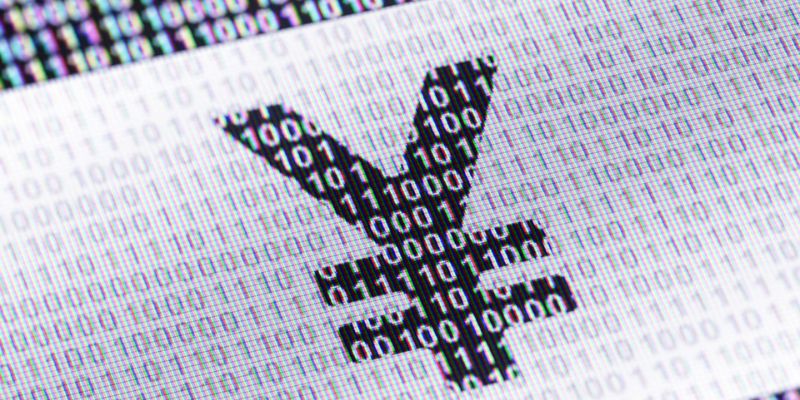Japanese Megabanks To Conduct Tests For Digital Yen Starting Next Year
The Bank of Japan is working with the country’s megabanks and other private financial institutions to run a pilot testing program for its digital currency. The project expected to begin in spring 2023 will test the efficiency of the CBDC in day-to-day bank transactions.
After a lot of speculation regarding its launch, the Bank of Japan (BOJ) is going ahead with its Digital Yen project. Japan’s central bank is partnering with three of the nation’s megabanks and other financial institutions to conduct a pilot program for its central bank digital currency (CBDC).
The pilot which is expected to start from spring 2023 will include various tests to determine the efficacy of the digital yen. BOJ will work with the private banks to detect and solve any issues that arise when customers deposit and withdraw the CBDC in their bank accounts, its ability to facilitate transactions without requiring internet connectivity, and its ability to function efficiently in the event of an emergency. The digital yen pilot will be carried out for two years after which the BOJ will decide on whether to issue the digital currency in 2026, as planned before.
Names of banks involved in the digital yen testing program have not been revealed. However, the three megabanks are believed to be Mitsubishi UFJ Financial Group Inc., Sumitomo Mitsui Financial Group Inc. and Mizuho Financial Group Inc.

Japan has been testing the feasibility of its blockchain-deployed proof-of-concept (PoC) digital currency since last April. In March 2022, the Bank of Japan announced a second phase for testing core functions and features of the digital yen. However, this will be the first time the BOJ is running the tests in conjunction with other financial institutions. The central bank will make sure that the CBDC follows regulatory standards and operates under the financial laws of Japan.
The digital yen pilot program falls in line with other nations that are currently testing or have launched central bank-issued digital currencies. Earlier this month, the Federal Reserve Bank of New York announced a 12-week program to test the Digital Dollar by conducting interbank wholesale transactions in partnership with megabanks including HSBC, Citi, and BNY Mellon. The FED’s proof-of-concept digital dollar is expected to go live in 2025. The European Union is currently running a two-year program to test the feasibility of the Digital Euro, while the Reserve Bank of India has begun a pilot for its Digital Rupee in the wholesale sector to facilitate interbank transactions. India is preparing to launch an ‘e-Rupee’ pilot for its retail sector starting in December.
Also Read ApeCoin Launches NFT Marketplace Same Week Bored Apes Were Sold For Millions
China was the first country to issue a central bank digital currency when it launched the digital yuan in 2020. Since then residents in the world’s second-largest economy have been using digital currency to pay for goods and services. Last year, transactions worth over $5 billion were conducted using digital yuan in China. In 2021, Nigeria became the first African country to issue a CBDC with its e-Naira. Since its launch, the digital currency actively used by more than 270,000 people in the country has facilitated over $9 million worth of transactions. Nigeria’s central bank has now announced plans to bring upgrades to the e-naira. The digital currency will soon function without having to require a bank account, and users will also be able to make bank-to-bank transactions within the country through mobile SMS.
Also Read MakerDAO Approves Gnosis’ Proposal To Use GMO Token As Collateral To Issue DAI